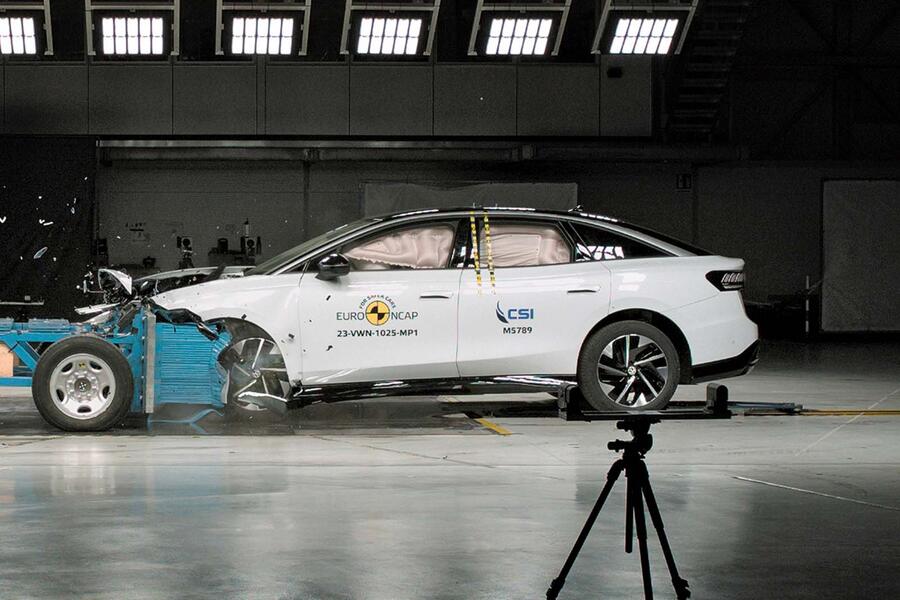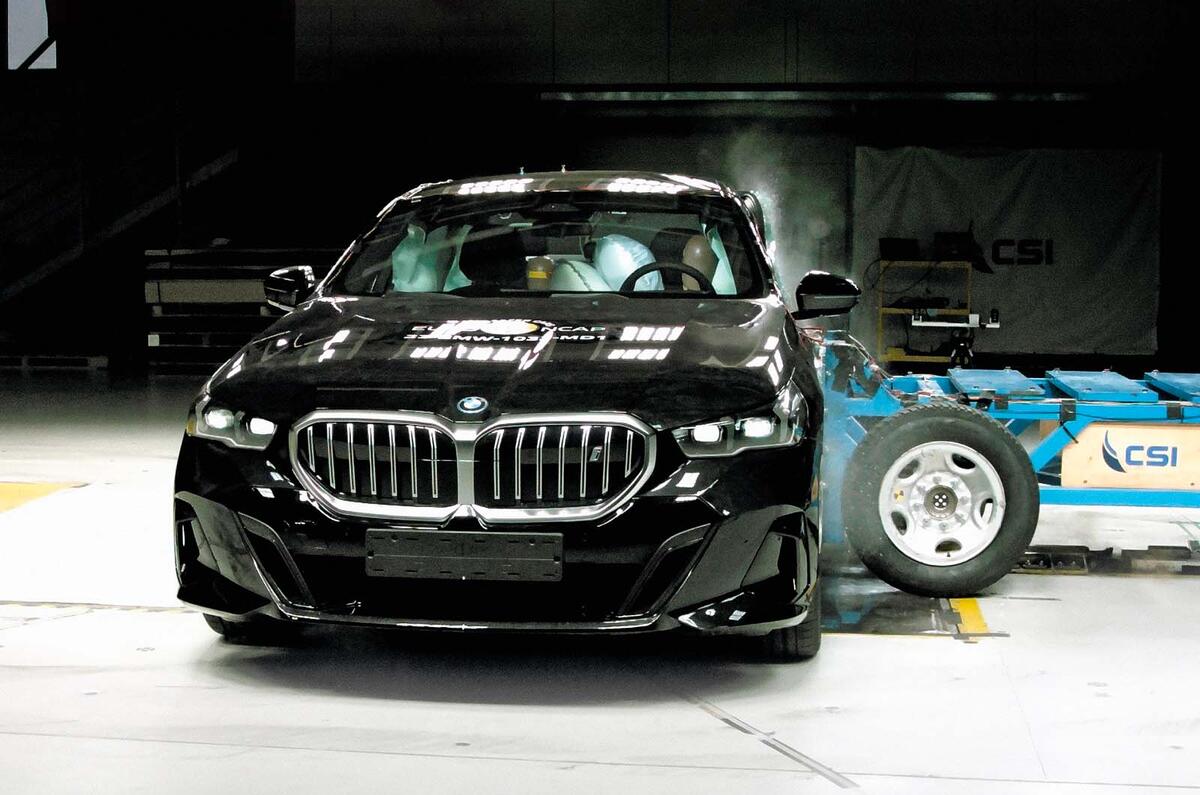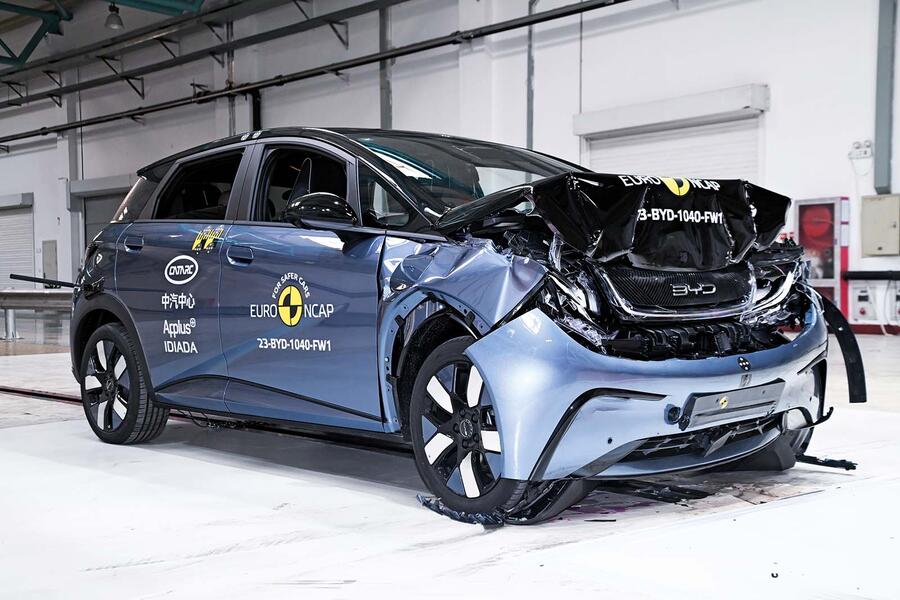Euro NCAP has blamed a significant reduction in the number of cars that it evaluated last year partly on manufacturers rushing to beat the introduction of tougher tests.
The European vehicle safety testing agency, whose five-star safety rating is keenly sought by manufacturers the world over, rated 73 cars in 2022, making it the organisation’s busiest year ever.
However, in 2023, it rated just 18 cars. Explaining the reduction, a Euro NCAP spokesman said: “Manufacturers were eager to get their cars rated in 2022, demonstrating that they met the original design targets, before the rating scheme changed in 2023 with the introduction of new, challenging test scenarios.”
Such is the power of Euro NCAP’s rating system to influence not only how well a new car sells but also the insurance group it occupies that, claimed the organisation, new test scenarios now define product cycles and launch dates, with car makers establishing at the outset what their target star rating is against which version of the protocols.

Having decided this, there is, it said, pressure on them to put the car into production in time to meet those targets. Euro NCAP added that for this reason it was unsurprised by the reduction in ratings that it awarded in 2023.
The spokesman said: “It isn’t uncommon that manufacturers need a bit more time to understand what requirements must be met for five stars. We have seen these fluctuations [in our testing numbers] occur over the last decade.”
However, changes to the tests weren’t the only reason why fewer cars were rated in 2023. Manufacturers are in a process of transition, extending the life of some long-running, combustion-engined cars while giving themselves breathing space to continue their work developing all-new electric cars.






Join the debate
Add your comment
The constantly shifting goal posts has completely undermined the tests as you cannot compare cars tested under different systems, I would like to be able to compare a new car with a three year old one etc to be able to make an informed decision. I can't, so instead I figure all cars of the past ten years are 'safe' for occupants so pay little attention to NCAP. Even if a new car rated 1*, I'd assume it were crash safe but didnt have the right beeper or whatever.
Surely theyd have been better adding stars when they added requirements and all cars started hitting 5*, like efficiency of appliances are now rated up to grades A++, A+++ etc as the old 'A' grade became acheived by most. Continuous improvement, easily understood.
To busy testing auto this, auto that, warning buzzers and worst of all autonomous BS.
Exactly. Actual physical crash safety between now and a 5* car from 10 years ago is minimal. That car wouldn't even be 1* now.